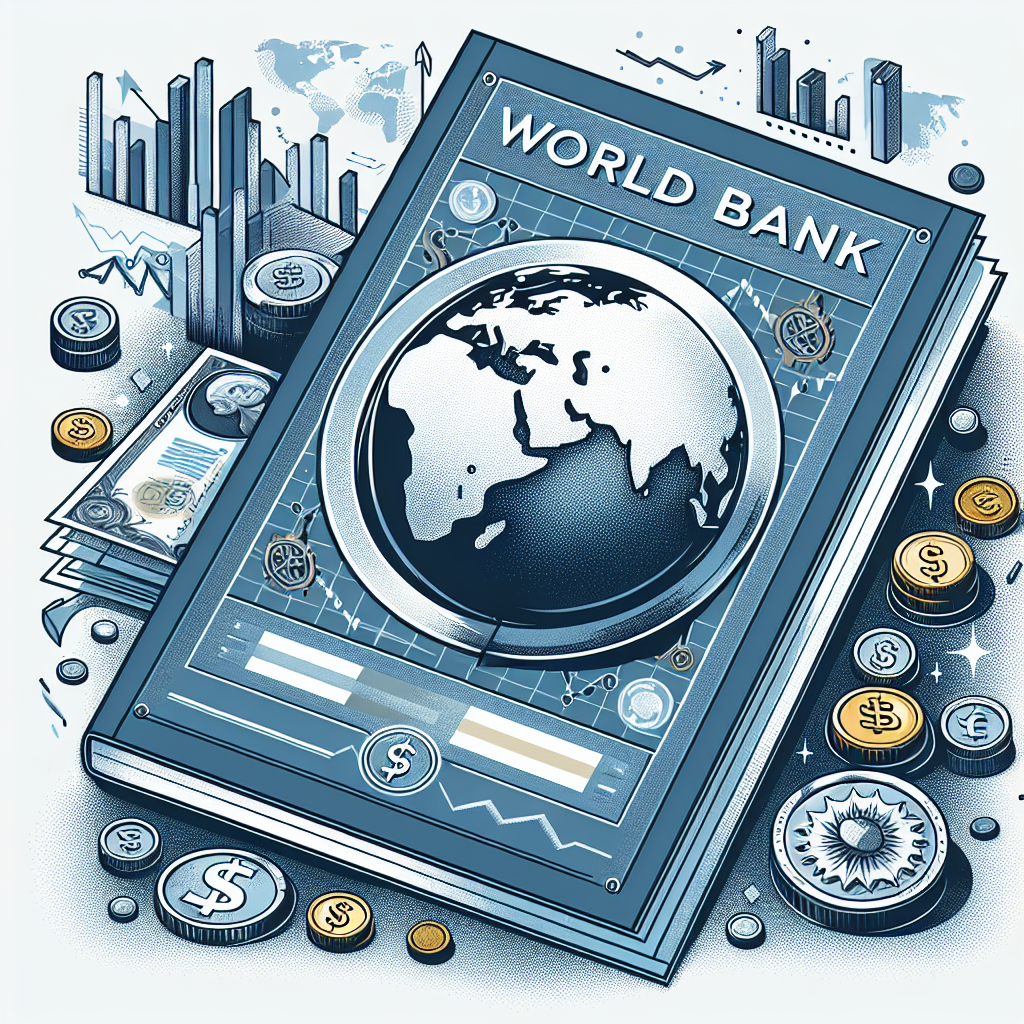Bosnia and Herzegovina needs to invest $6.8 billion over the next decade to protect its people, economy, and infrastructure from the escalating impacts of climate change, according to the World Bank Group’s new Country Climate and Development Report. The report warns that by 2050, climate-related damages could shrink the country’s economy by up to 14%, with floods representing more than 90% of these damages.
“Climate change isn’t just an environmental issue; it’s a direct threat to Bosnia and Herzegovina’s economy, public health, and social fabric,” said Christopher Sheldon, World Bank Country Manager for Bosnia and Herzegovina and Montenegro. The report underscores that the country must act now, not just to prevent future damage, but to seize the opportunity to foster economic growth through climate adaptation strategies.
The Growing Threat of Climate Change: A Flooding Economy
Think of climate change as a leaking roof over Bosnia and Herzegovina’s economy—one that’s worsening each year. The damages caused by climate-related events, particularly floods, could reduce the country’s GDP by as much as 14% by mid-century, draining resources and stunting growth. In simple terms, each flood could take a bite out of the economic pie, shrinking the overall size of the country’s wealth.
Floods have been a recurring issue, and with over 90% of climate-related damage caused by them, the country’s vulnerability to these events is clear. Just as you might need to fix the roof to prevent more water damage, Bosnia and Herzegovina must invest in flood prevention infrastructure, like restoring floodplains and preserving peatlands, to safeguard both lives and livelihoods.
Climate Investments Offer an Opportunity for Economic Resilience
The report makes it clear that investing in climate adaptation is like building a sturdy foundation for the future. By strengthening flood defenses and improving resilience to other climate risks, Bosnia and Herzegovina can avoid much larger costs down the road. These investments not only reduce the potential loss of GDP but also create jobs, improve skills, and boost trade opportunities—much like how fixing the roof and reinforcing the foundation of a house can increase its value.
The returns from climate adaptation investments are substantial. For every €1 spent on climate adaptation, Bosnia and Herzegovina can expect up to €10 in returns. This is a clear case of “spending money to save money,” with long-term economic benefits that far outweigh the initial costs.
Transitioning to a Low-Carbon Economy: The Green Road Ahead
The report also highlights the need for a smooth transition to a low-carbon economy by 2050. Imagine trying to turn a large ship—transitioning from coal and lignite power to cleaner energy sources like wind and solar. This will require time, resources, and careful planning to ensure the ship doesn’t veer off course.
The private sector will be a crucial player in this transformation. With an expected 90% of decarbonization investments coming from private companies, much of the effort will focus on decarbonizing industries like transport, buildings, and power generation. Think of these sectors as engines driving the economy—shifting them to greener, more efficient fuel will help ensure the country’s long-term sustainability.
Additionally, public-private partnerships will be key in developing infrastructure and green financing options. By working together, the public and private sectors can unlock the investment needed to build a green economy and boost the country’s resilience to climate risks.
A Call for Stronger Institutions and Regulatory Frameworks
Building a resilient economy isn’t just about physical infrastructure—it’s also about creating the right systems and structures. The World Bank stresses the need for strong institutions and regulatory frameworks to guide and sustain climate action. This is akin to having a solid rulebook and ensuring everyone in the team knows their role when facing the challenges of climate change.
In Bosnia and Herzegovina, the World Bank is already working with the government on various initiatives, including improving air quality and supporting a just transition to greener energy sources. These efforts will help ensure that the country is well-equipped to face the challenges posed by climate change while building a sustainable future.
A Path Forward for Bosnia and Herzegovina
The report from the World Bank serves as a wake-up call, urging Bosnia and Herzegovina to take proactive steps to protect its economy and people from the destructive effects of climate change. With the right investments, policies, and partnerships, the country can strengthen its resilience and pave the way for a greener, more sustainable future. Just as investing in home repairs today can prevent costly damage in the future, these climate actions will secure Bosnia and Herzegovina’s economic stability and quality of life for generations to come.











